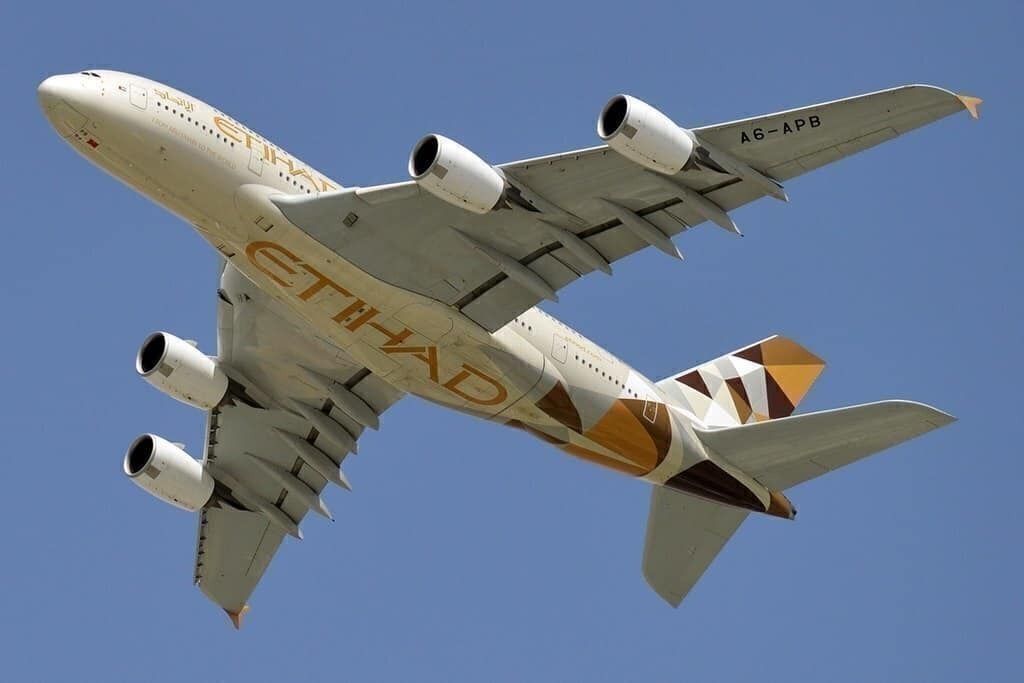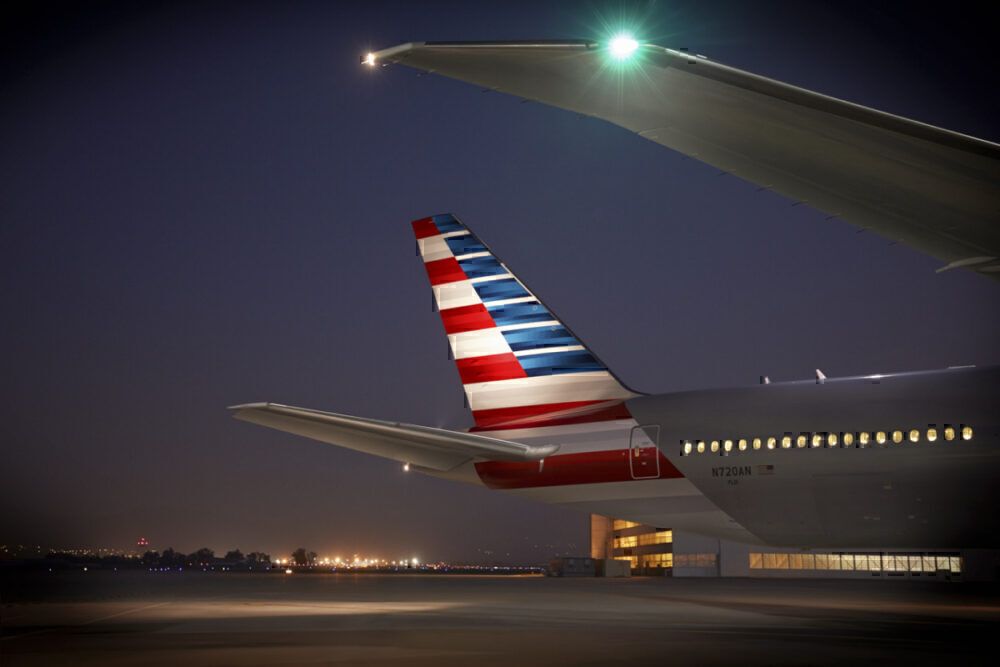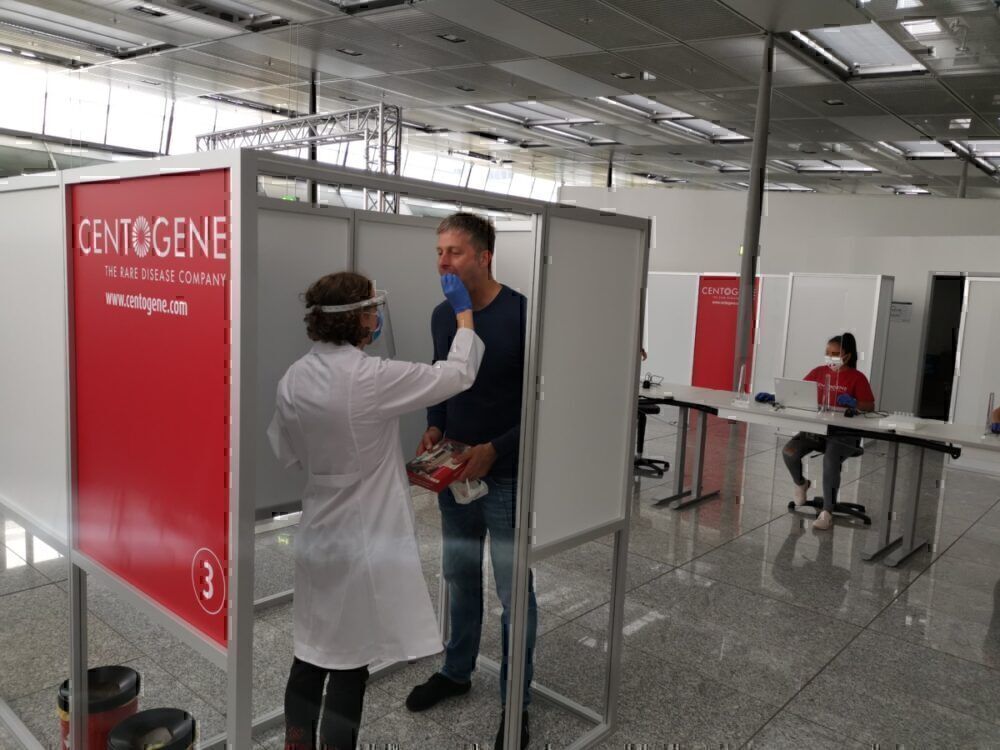The recovery so far has focused on the health measures that airlines and airports have been rapidly putting into place. However, for the travel industry to really stumble into the new normal, more is needed. Etihad’s Chief Digital Officer, Frank Meyer, shared his vision for a data-driven, collaborative future that sees travel and aviation touching more stakeholders than ever before.
The future of travel relies on a coordinated approach
Etihad’s Chief Digital Officer, Frank Meyer, spoke candidly during the World Aviation Festival recently regarding his vision for the future of the industry. He lamented the loss of cooperation in the industry, highlighting the need for airlines to get back to what they’re good at. He commented,
“The success model of the airlines is that it doesn’t matter whether you fly on Etihad or American Airlines, it’s pretty much the same thing. Everyone knows what to expect.”
This cooperation and alignment of processes has made it easy for passengers to travel. Deep collaboration on ticketing and baggage handling, through codeshares and interlining for example, have opened the world to the keen traveler, letting them move from their home country to the other side of the planet, should they wish, using multiple airlines and airports in a seamless dance of coordination.
Now, Meyer believes this is beginning to break down. The varying rules between airlines regarding things like masks, social distancing and preflight testing means passengers are unsure of what to expect. That extends beyond airlines too, into the policies of the airports, local health authorities and governments of the countries they are visiting. Meyer said,
“Right now, nobody knows what’s going to happen when they arrive at the airport, when they transit and when they arrive in the country.”
Stay informed: Sign up for our daily aviation news digest.
Data sharing is crucial
Given his role in Etihad, it’s clear that Frank is speaking from a digital point of view. Post pandemic, data is going to be even more crucial to get to grips with. The insight it provides has the potential to open up travel once more, but it will take a team effort.
Most, if not all, businesses collect data on their customers these days. Airlines, airports, hotels, health authorities… all have important information that can be used to build a picture of the ‘new normal’ in travel. But these tend to work in silos, keeping their data for themselves and with no mechanism to really build a data driven resource that can benefit all.
In some ways, the pandemic could be a form of ‘reset’ for players in the travel industry, giving them a moment to pause and figure out how to connect the dots. Except now, there’s another player in the mix too.
Post 9/11 saw security brought into the travel industry in a new way. Now, airlines, airports, passengers and hotels are accustomed to sharing information with security authorities. COVID will undoubtedly bring a similar level of integration between travel and health, with health authorities the new face at the information sharing table. Meyer believes that cracking this partnership will be crucial for the recovery. He said,
“The ability for us to work with health organizations … in my view is a fundamental piece of restoring trust that will make the travelers’ life so much easier. What I see on our radar another level of integration challenges, between airlines, between authorities, and in particular also with certified health organizations.”
The new normal will almost certainly be data driven, as governments around the world look to open borders in a protected and manageable way. With the right levels of cooperation around the table, it could make travel safer than ever.



